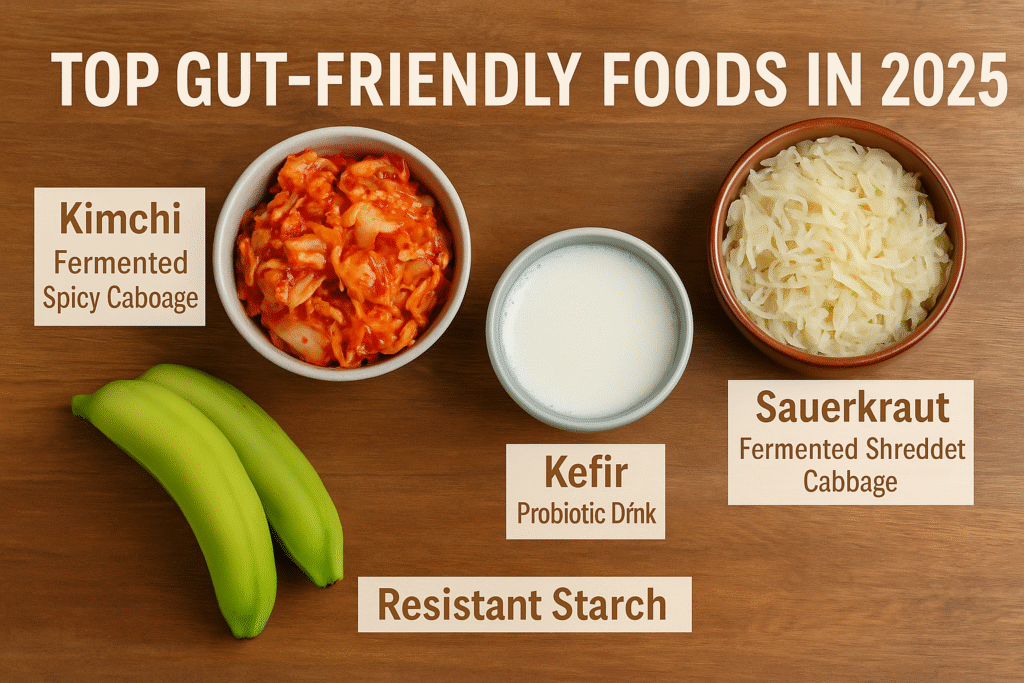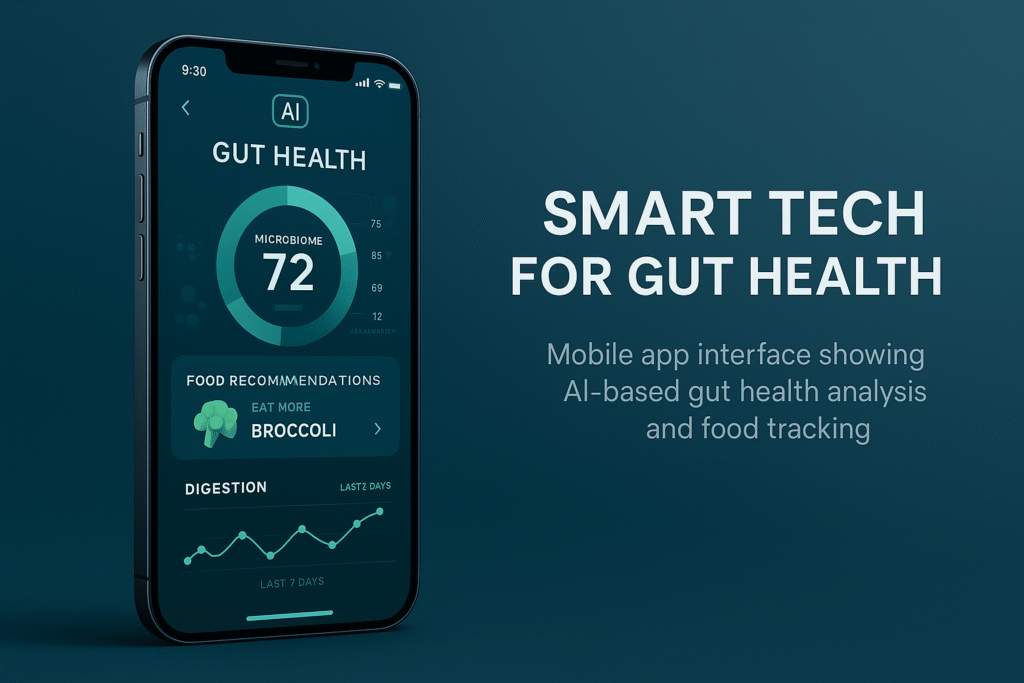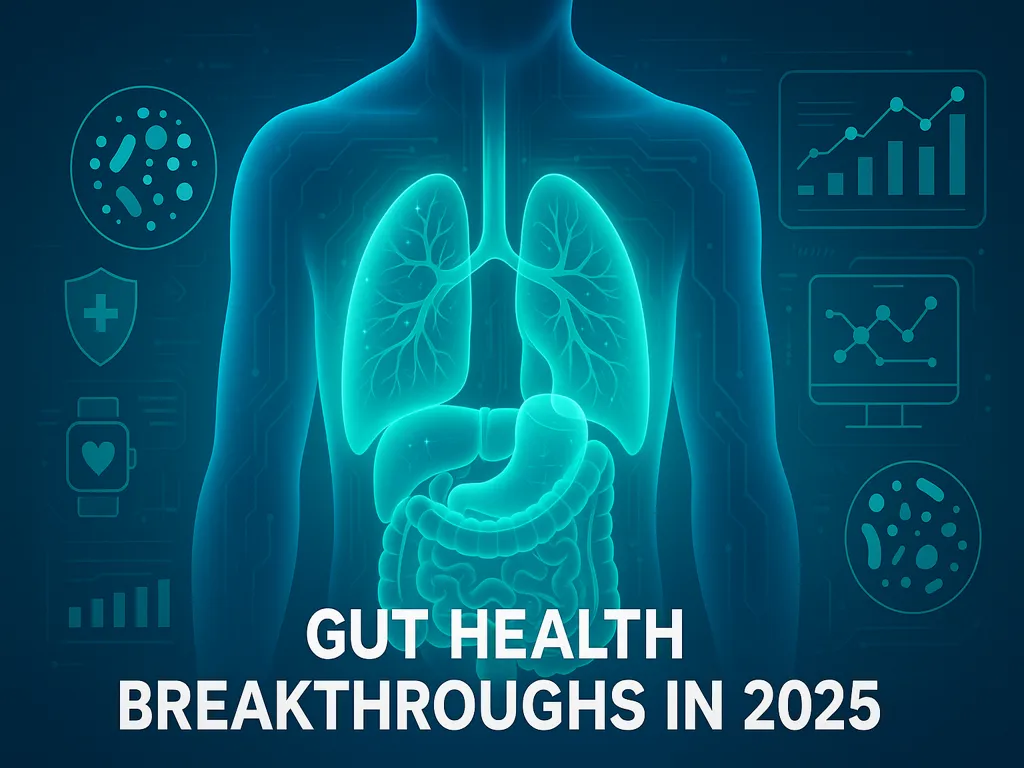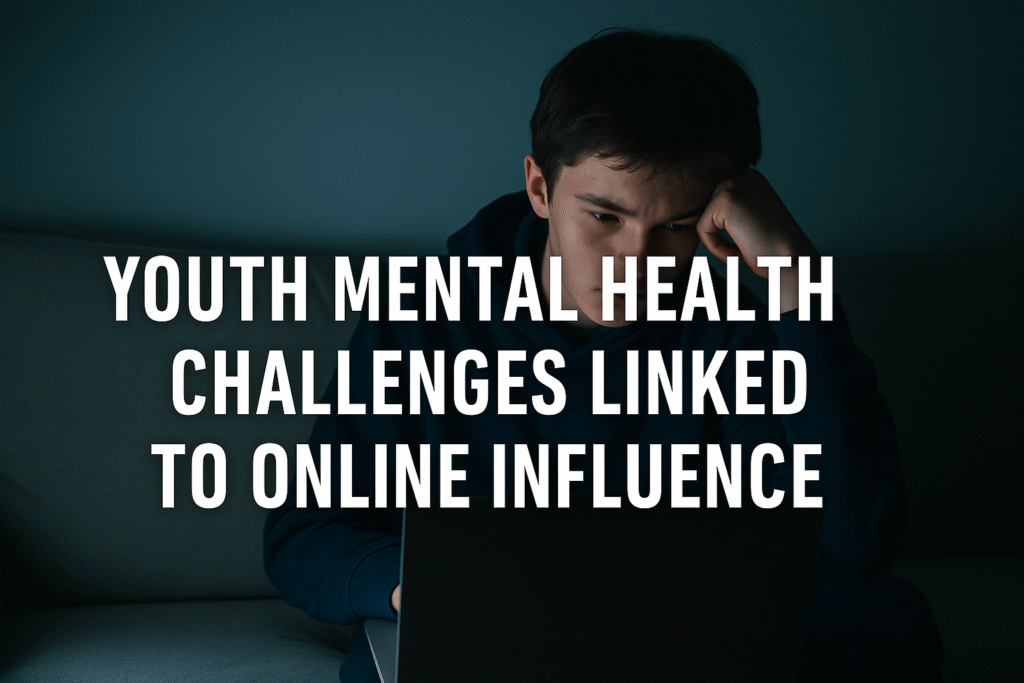New Research, Foods, and Technologies You Need to Know
Gut Health Breakthroughs are at the forefront of medical and wellness innovation in 2025, transforming what we know about the human microbiome. In recent years, gut health has moved from being a niche interest to a central topic in both medical research and wellness culture. As we step into 2025, groundbreaking discoveries are revealing just how critical the gut microbiome is for everything from immunity and digestion to mood regulation and chronic disease prevention.
Studies from institutions like Harvard Health highlight the strong connection between gut bacteria and overall well-being.
Projects such as the Human Microbiome Project continue to uncover new insights about the trillions of microorganisms living inside us.
Whether you’re looking to improve your overall well-being, manage a specific condition, or stay ahead of the latest health innovations, understanding what’s new in gut science can give you a real advantage. In this article, we’ll dive deep into the latest research, explore powerful foods backed by new evidence, and introduce emerging tools that could shape the future of gut health.
Why Gut Health Is More Important Than Ever
The human gut is home to trillions of microorganisms — bacteria, fungi, viruses, and other microbes — collectively known as the gut microbiome. These microscopic organisms play an essential role in numerous physiological processes, including nutrient absorption, immune function, hormone regulation, and even brain health.
Recent global health trends have made gut health even more critical in 2025:
- Post-pandemic lifestyle shifts have led to increased stress, poor dietary habits, and reduced physical activity — all of which can disrupt the balance of the gut microbiota.
- Antibiotic overuse remains a serious issue, contributing to microbial imbalances and resistance.
- Chronic diseases such as obesity, diabetes, depression, and autoimmune conditions are now strongly linked to poor gut health, based on a growing body of scientific evidence.
Additionally, the gut-brain axis — the bidirectional communication network between the gastrointestinal tract and the central nervous system — is gaining attention for its role in mood, cognition, and emotional resilience. This makes the gut not just a digestive organ, but a critical hub for total-body health.
In short, a well-balanced gut is no longer a “nice-to-have”; it’s a foundational component of long-term wellness and disease prevention.
Latest Research Highlights
As scientific understanding of the gut microbiome continues to expand, 2025 has already brought significant discoveries that are changing how we approach digestive health. Here are some of the most impactful studies and breakthroughs so far this year:
1. Fermented Foods Reduce Gut Inflammation
A new study from the University of California, Davis, found that sauerkraut — a fermented cabbage product — contains compounds that significantly reduce inflammation in intestinal cells. These compounds, produced during fermentation, help strengthen the gut barrier and promote healthy immune responses.
2. Leafy Greens Feed Beneficial Bacteria
Research published in early 2025 highlighted that leafy greens like kale, spinach, and Swiss chard are rich in natural prebiotics — fibers that feed beneficial gut bacteria. These greens were shown to promote microbial diversity, which is linked to better digestion, lower inflammation, and improved mental clarity.
3. Gut-on-a-Chip Technology
Scientists at the National University of Singapore developed a “gut-on-a-chip” device — a miniature, bioengineered model of the human intestine. This innovation allows researchers to study gut-microbe interactions in real time and develop personalized treatments for digestive conditions like IBS, IBD, and food intolerances.
4. The Gut-Heart Connection
A European consortium of scientists revealed a strong connection between gut microbiota and cardiovascular health. Their study showed that people with diverse and stable gut bacteria had significantly lower risks of high blood pressure and heart disease.
These studies not only reinforce the importance of maintaining gut health but also point toward new strategies for disease prevention, mental health support, and longevity.
Top Foods Backed by New Science

As research in 2025 continues to uncover how food directly affects the gut microbiome, certain foods have emerged as superstars for digestive health. These items go beyond general “healthy eating” and are now supported by new scientific findings for their specific impact on gut bacteria, inflammation, and nutrient absorption.
1. Kimchi
A staple in Korean cuisine, kimchi is a fermented vegetable dish rich in probiotics like Lactobacillus plantarum. New studies show that regular consumption enhances microbial diversity and may reduce symptoms of IBS and bloating.
2. Jerusalem Artichoke
Packed with inulin, a powerful prebiotic fiber, Jerusalem artichokes help feed beneficial gut bacteria and improve bowel regularity. A recent clinical trial showed improved microbiota diversity in just four weeks of consumption.
3. Kefir
Kefir is a fermented milk drink containing over 30 strains of beneficial bacteria and yeasts. Research now confirms kefir can reduce intestinal inflammation and improve the gut barrier, especially in individuals with autoimmune conditions.
4. Seaweed
Once overlooked, seaweed like nori and wakame are rich in polysaccharides that serve as prebiotics. New research has shown seaweed consumption may help suppress harmful bacteria and promote healthy gut flora.
5. Green Bananas
Rich in resistant starch, green bananas resist digestion and serve as food for good gut bacteria. New findings suggest they can reduce bloating and improve insulin sensitivity when consumed regularly.
By incorporating these scientifically supported foods into your daily diet, you can actively support your microbiome, reduce gut-related symptoms, and enhance your overall well-being.
Cutting-Edge Tools and Technologies

As gut health becomes more central to overall well-being, a wave of new technologies is helping people better understand, track, and optimize their digestive systems. In 2025, innovation in gut health has reached new levels with accessible tools that empower individuals to make smarter health decisions.
1. At-Home Microbiome Testing Kits
Modern microbiome testing kits, like Viome and Zoe, allow users to analyze their gut bacteria through a simple stool sample. In 2025, newer models offer even deeper insights — including enzyme activity, inflammation markers, and personalized food recommendations based on the user’s unique microbiota profile.
2. AI-Powered Gut Health Apps
Artificial intelligence is now being used to interpret microbiome data and dietary habits. Apps like MyGutAI and FloraTrack suggest real-time adjustments to your meals, recommend supplements, and monitor symptom improvements based on gut patterns.
3. Smart Wearables for Digestion
Wearable tech is not just for fitness anymore. New smart belts and patches now monitor abdominal bloating, motility, and even core body inflammation through bio-signals, giving instant feedback and daily reports on digestive health trends.
4. Digital Food Journals with Gut-Tracking Features
Apps that allow users to log meals, symptoms, and bowel movements are evolving. New platforms in 2025 combine gut-related input with machine learning to detect trigger foods, identify nutrient deficiencies, and correlate emotional states with digestive issues.
5. Personalized Synbiotics
The newest frontier in gut supplementation is synbiotics — a combination of probiotics and prebiotics tailored to the individual’s microbiome. Emerging companies are using genetic and microbiome data to create customized formulations for improved gut balance.
These innovations are making it easier than ever to take control of your gut health and make personalized, science-backed decisions that align with your body’s needs.
Main Takeaways
- Gut health is now recognized as a key factor in overall wellness, influencing immunity, mood, digestion, and disease prevention.
- Scientific breakthroughs in 2025 emphasize the importance of microbial diversity and reducing inflammation for a healthier gut.
- Emerging trends include postbiotic supplements, low-FODMAP diets, personalized nutrition, and fermented superfoods.
- Top foods supported by new science include kimchi, kefir, seaweed, green bananas, and Jerusalem artichokes — all shown to improve microbiota balance.
- New tools like AI-powered apps, microbiome testing kits, and smart digestive wearables are making gut optimization more accessible and personalized.
- Staying informed about gut health innovations allows individuals to make smarter lifestyle and dietary choices for long-term wellness.
Further Reading
Want to take action on your gut health today? Read our comprehensive guide: How to Improve Gut Health





Pingback: Fermented foods that ‘reset’ your microbiome in weeks—experts weigh in
Pingback: Healthy Food Ideas That Nutritionists Recommend—but Few People Know About
Pingback: Fibermaxxing foods for gut health: how TikTok trend is improving digestion naturally
Pingback: Top 20 Gut-Healthy Foods (and How to Use Them Daily)